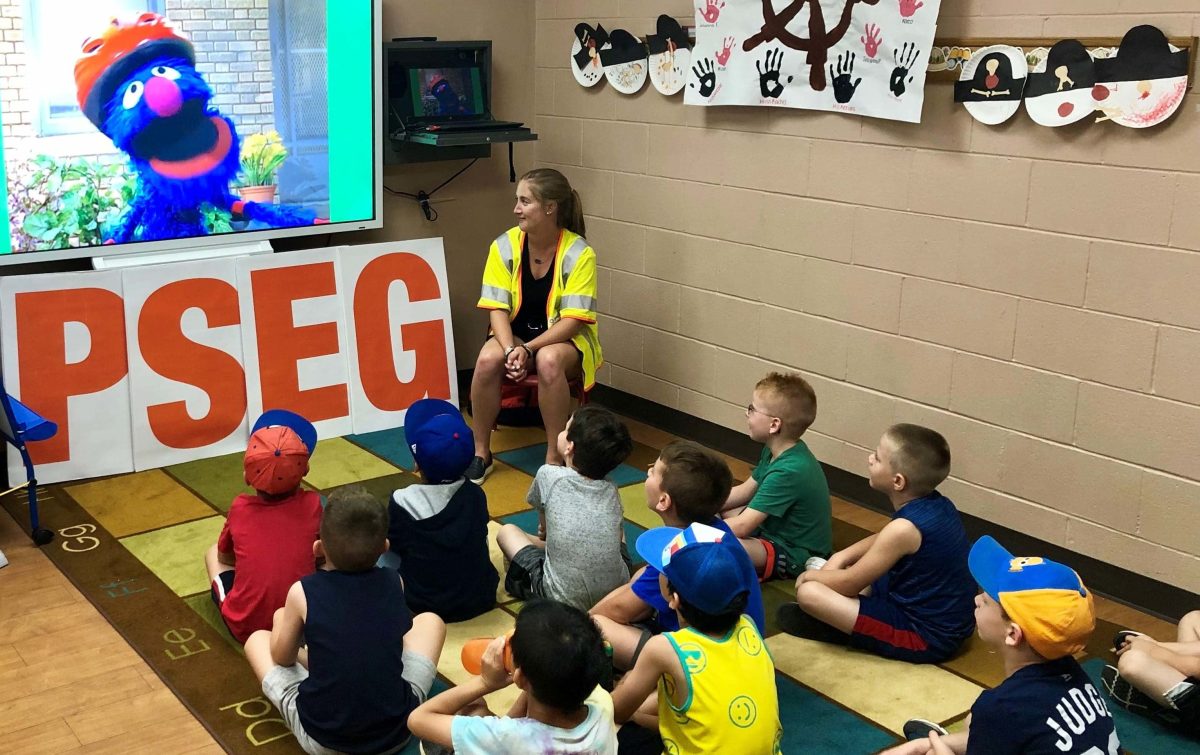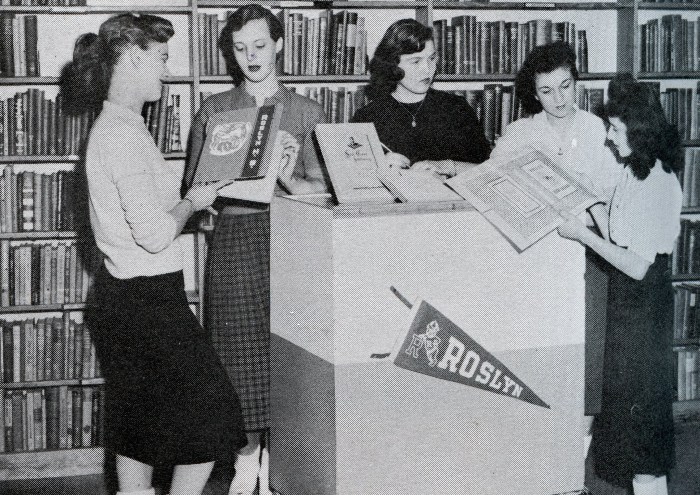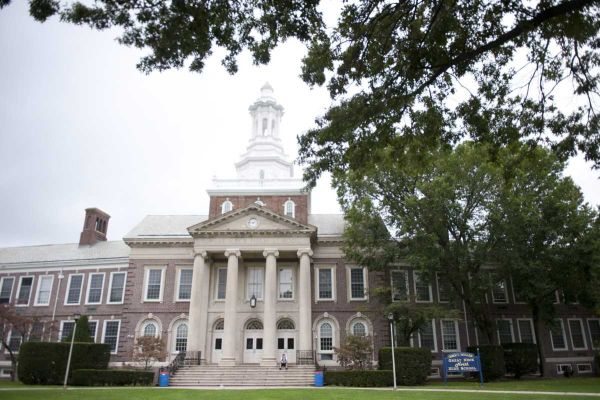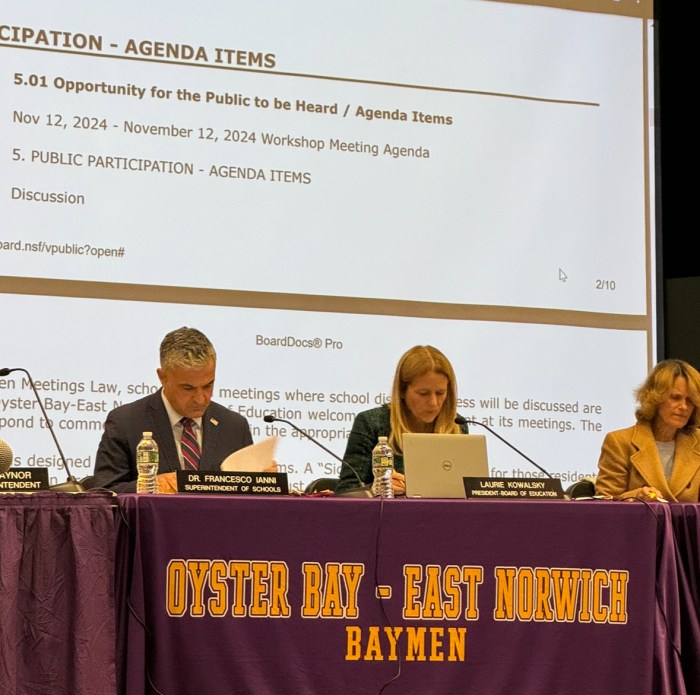It’s never too early to start preparing for worst-case scenarios.
Since 2016, some 30,000 preschoolers through second graders have participated in the BeReadyLI Children’s Workshop, which teaches kids how to prepare for emergencies. Through funding provided by the PSEG Foundation, United Way of Long Island, PSEG Long Island and 2-1-1 Long Island joined forces to create the program and BeReadyLI website.
“PSEG Long Island wants to be sure that the younger people in the community know how to handle emergency situations that could affect Long Island and giving them something to do helps keep them calm,” says Jackie D’Anneo, a BeReadyLI educator who recently ran a workshop in Glen Cove. “We use fun tools like Sesame Street to teach the kids how to identify people around them who can help them and just teach the kids important tools they can use in these situations.”
The interactive 30-minute presentation is given primarily at schools and places like the YMCA.
“We partnered with Sesame Street because we know how important it is to deliver information to children in a way they can relate to, with characters they know,” says George Coburn, PSEG Long Island Manager-Community Outreach.
No doubt it’s much less scary to hear Elmo, Big Bird, and the gang talk about information that could otherwise be overwhelming to children.
“Children learn what an emergency is, to recognize the sounds that are associated with an emergency like beeping, and who to turn to depending on the circumstance — a teacher if they are at school, or firefighter, police officer or neighbor — as well as what to do,” explains Elizabeth Eberhardt, Assistant Vice President of Community Impact for United Way of Long Island.
It can be surprising what children don’t know.
“During Sandy, we saw firsthand that some kids only knew their parents as mom and dad,” says Coburn.
During the workshop, the importance of the children knowing their full names as well as their parents’ and home address is among the information emphasized. They learn what to do before, during and after an emergency.
“Every family is encouraged to have a family plan,” says Eberhardt. “To know where they will meet if they are not together when an incident occurs. We also ask that families prepare a go-pack and we tell them essential items to include, like water, blankets, first aid kit, and flashlight, among others.”
Children take home an orange backpack called a go-pack, safety and preparedness tips, a yellow children’s hard hat, and certificate of completion of the workshop. Educators hope that when the children walk through the door with their goods it sparks a family discussion about safety.
“Generally, people aren’t well prepared for an emergency,” says Coburn. “They don’t think they will be impacted directly. We hope those backpacks are a reminder to parents that they need to have a plan.”
An emergency can be any number of things, not just floods, hurricanes, or blizzards, but also microbursts of wind or heat.
“Be sure you’re adequately covered by insurance,” says Eberhardt. “Listen to reports. Get your go-packs ready. Be proactive.”
In addition to BeReadyLI.org, another good resource of information is United Way’s 2-1-1 Long Island website 211li.org that has links to severe weather and other essential information.
“[The 2-1-1 Long Island] website is comprehensive, and we ramp it up with additional information during and after an emergency,” says Eberhardt. “You can find out what nonprofits are doing to help and other important things to know.”
PSEG Long Island also offers other programs through employee volunteers to first through sixth graders about energy efficiency, renewable technologies, and electric safety — like what to do when a power wire is down, and more. These programs reach more than 100,000 kids each year, says PSEG-LI’s Coburn. It’s better to be prepared and not need than to need and not have.
Says Eberhardt, “While you cross your fingers and hope you don’t have an emergency, you have to prepare for the possibility.”
–Additional reporting by Amanda De Lauzon


























